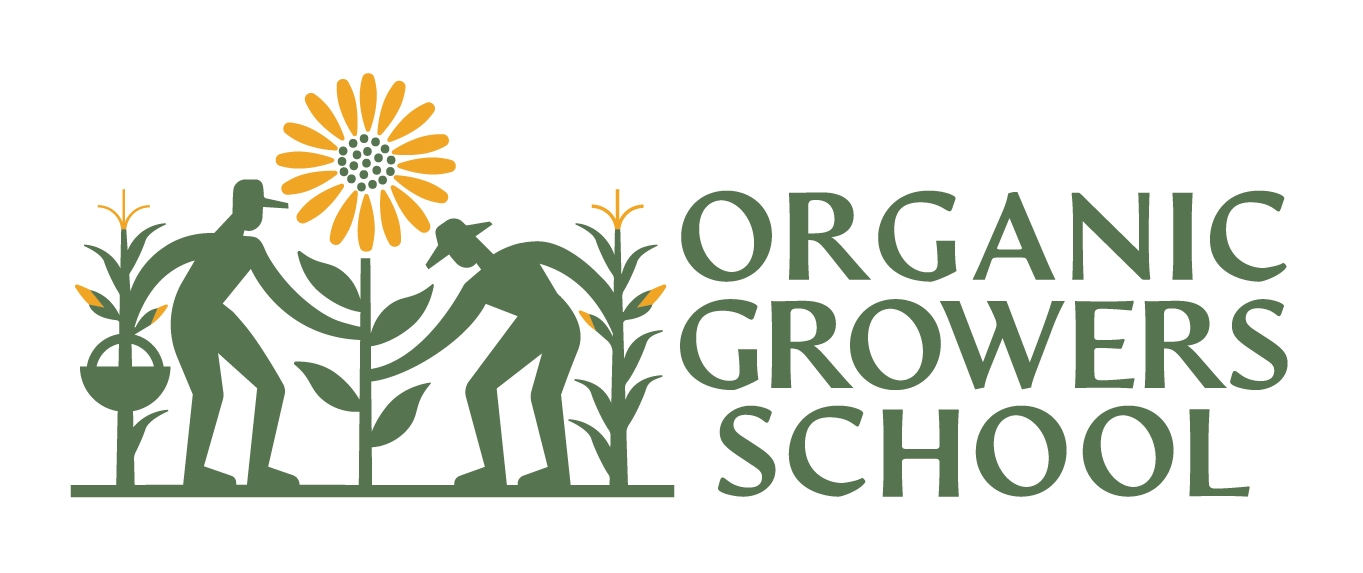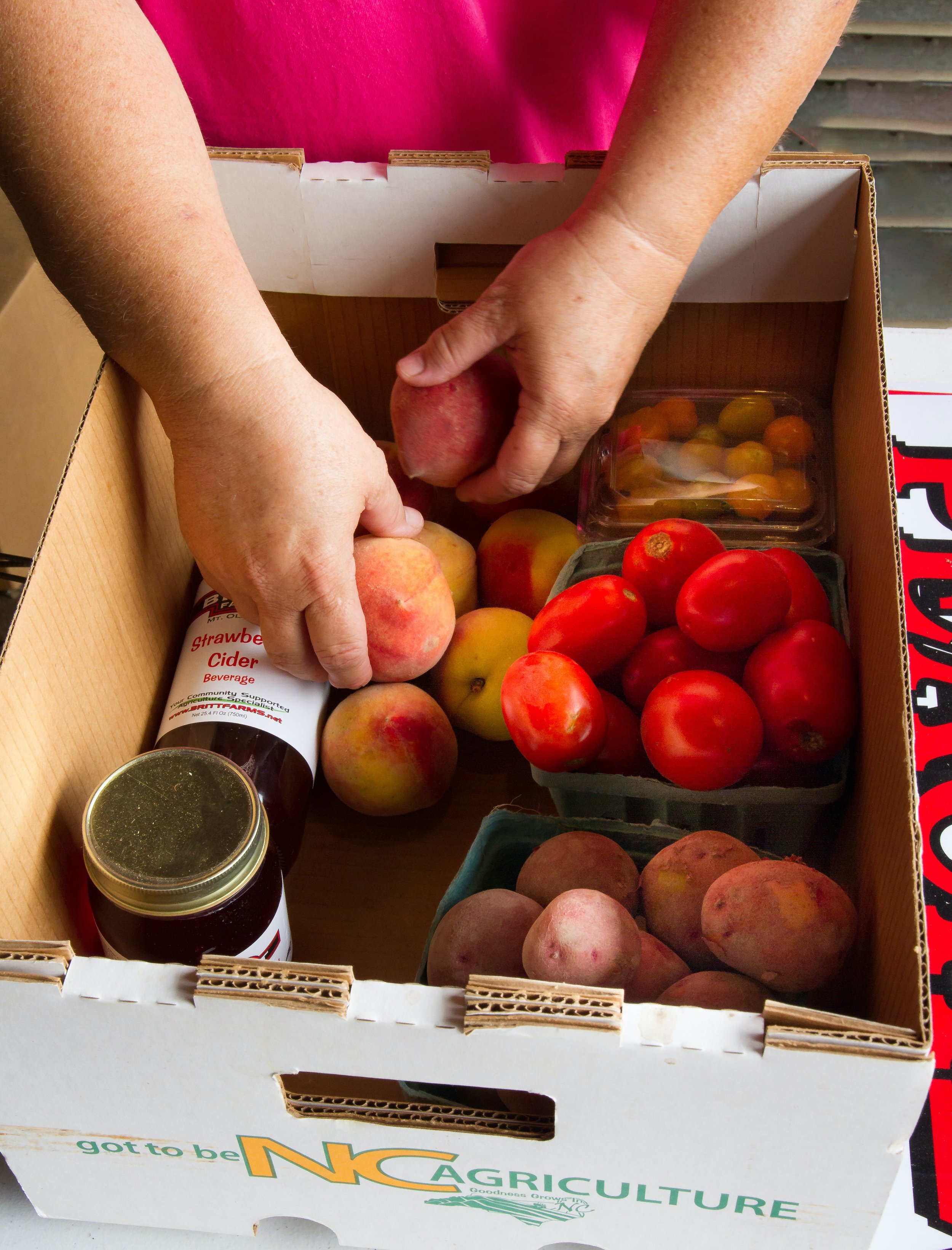Ask OGS: Planning Your Small Garden & Local Eating
Dear OGS,
We are planning a small garden for this year. Will you give us some guidance about what to grow and what not to grow? And what about the stuff we can’t grow?
Jennifer L.
Asheville, NC
———
Hi Jennifer,
With limited space, you are right to be choosy about what to grow in your garden. Remember to supply the essentials – sunshine, water, and nutrients.
My best advice is to grow what you love to eat.
If fresh salad greens make you swoon, let that be your guide. Do you dream of sweet strawberries and juicy red tomatoes? Plant them. When you eat butternut squash soup in winter, do you wish you had grown some last year? Make your garden reflect your personal tastes and remember to factor in some fun munchables for your kids.
With limited space in your garden, you will have to consider how much room your favorite veggies will take up and either (1) figure out how to tuck them into your limited space or (2) choose to buy space-hogging vegetables at the tailgate market from a local organic farmer.
Good planning will allow you to grow a surprising amount in a tiny area.
Planning is key, so make a wish list of the veggies you want to grow. Note whether they are cool-season vegetables (like peas, spinach, broccoli, lettuce…, etc.), warm-season vegetables (like tomatoes, peppers, eggplant, squash, okra, beans…, etc.), or long-season vegetables (like greens and potatoes). Be realistic about how much you can fit in your garden—most tomato plants are huge—and work backwards, carving out room for your favorites and eliminating others.
Be creative and remember to utilize your vertical space effectively with trellises, etc. When something is past its prime, yank it out and replace it with something new. If you are getting a late start, buy transplants from a local garden shop or tailgate market. I buy transplants for warm-season veggies like tomatoes, peppers, and eggplants to jump-start the season.
Remember that your spring salad garden can become your tomato/pepper garden and then again into a cool-season fall garden.
Maximize your harvest.
Check your garden first before you buy anything from anywhere. Your weekly menu should reflect what is ready to harvest in your garden. Harvest your veggies at peak freshness and everything that is ready, even if you have to give some of it away. Regular picking keeps the crop producing longer.
Think about food beyond your garden.
Because your garden is small, you will probably need to trade for or buy some of your food. Do that thoughtfully.
Make your grocery list after checking your garden. Get the most out of your garden, then support local farmers. Supplement your homegrown veggies with produce from organic farmers at the local tailgate markets. Scour the tailgate market for what you need, and delight in the weekly colorful selection. Remember that even basics like potatoes, garlic, and onions are available at the tailgate markets until yours are ready to harvest.
After the tailgate markets, your next stop is local groceries that buy from local farmers. Start noticing how much locally grown food the store where you shop actually carries regularly. Ask for local, organic food. Pressure from customers will encourage grocery stores and natural groceries to buy more local produce. Most groceries have buying policies. For example, check out French Broad Food Co-op’s policies and guidelines.
Wherever you are, grow or buy organic.
Shift policy with your food dollars. Want to avoid GMOs? Buy organic. Want safer food for your family? Buy organic. Want to protect our environment? Buy organic. It’s simple. Consider any extra cost a donation to your family's and the planet's health.
Jennifer, I hope your garden grows well this year and that you enjoy every bit of your harvest. I know it will be delicious!
Thanks for writing!
This blog post, written and copyrighted by Ruth Gonzalez, was originally published as part of a previous Organic Growers School article series called "Ask Ruth," which addressed the gardening concerns of home growers. Some updates may have been made by OGS staff to keep the content current.



